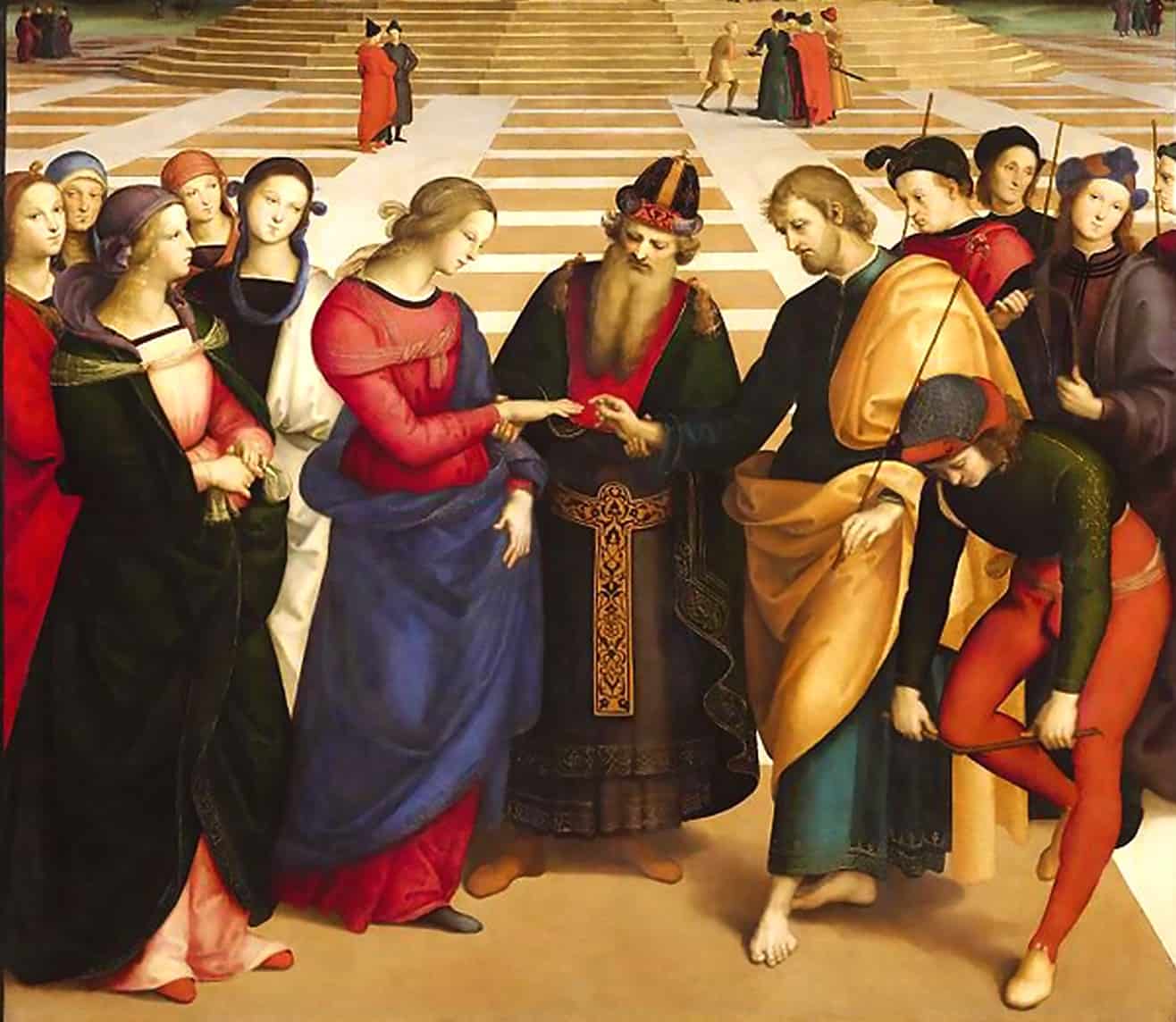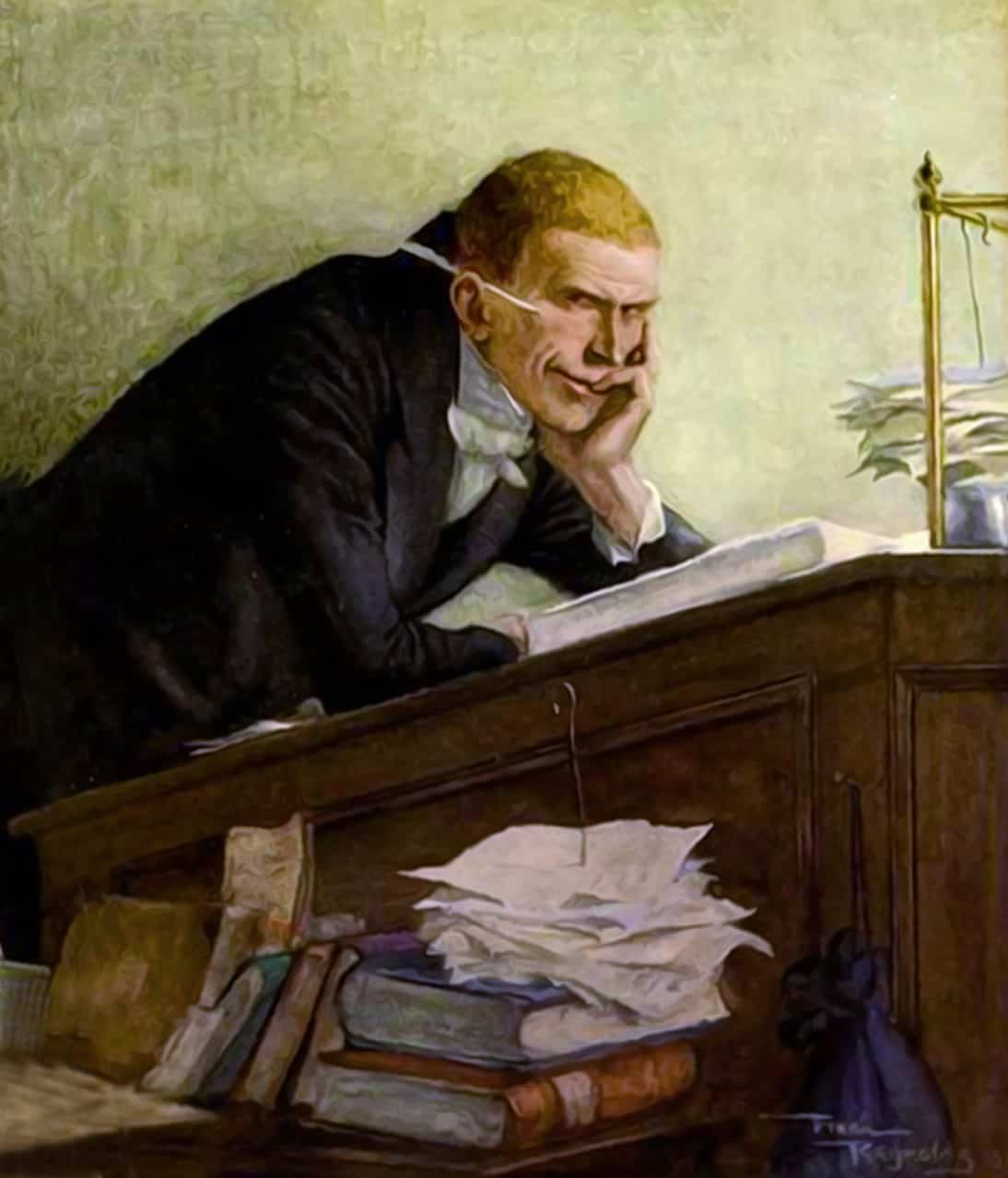S ir Roger is returned from the Mountain with the Migently Mountain Manifesto.
Here are Tablets One to Five:
1.
Do what is right.
2.
You are safe.
Now, at this instant, you are safe.
You are safe, right here, right now.
This might allow you to calm down and get a grip to deal with stuff.
Nothing is promised for the next instant, however.
But right now at this instant you are safe.
3.
Most people are about as honest and ethical as they can afford to be.
Yes, some people are less honest than they could be.
Some struggle to be honest at all.
Some are frankly more honest than is necessary or comfortable.
The value of honesty is relative.
People will steal a loaf of bread if they really have to.
They may not want to but if that’s what they must do to feed their children then they will do what they need to.
Some things are more important and more pressing — in the moment in real life — than esoteric debates about morality.
It’s true that some people exhort you to be honest.
Other people want you to be honest.
They don’t want you to be honest for your benefit.
They want you to be honest for their benefit, so that they can make informed decisions based on reliable reports.
In reality, though, most people don’t make decisions based on facts anyway.
On the other hand, being honest places less stress on the memory.
And it (sometimes) makes you feel better.
Telling the truth is a different matter.
There is no such as THE Truth.
There’s my truth and your truth, for a start.
What most people mean by ‘the truth’ is merely opinion and interpretation based on life experience, emotion, limited information, conjecture, flawed logic, magical thinking, and vague probabilities.
There’s the “whole” truth.
No, just joking. If there is a “whole truth”, it’s impossible to know because — for just one thing — you would have to describe the velocity and position of every fundamental particle in the Universe from the beginning of time.
You can’t tell both the position and velocity in any case, and if you could even get the information in a whole lifetime you wouldn’t get past describing the first billionth of a billionth of a billionth of a billionth of a second of the Universe. Let alone interpreting the data.
The best you can do is describe the best interpretation of the motley collection of tiny random scraps of perception you can grasp as they rush by.
Then there’s the “ABSOLUTE” Truth.
There isn’t one.
So stop killing people because you mistakenly think you have it.
4.
A Job is trading time for money.
But your time — your life itself — is of immeasurable, incalculable value.
Your Job is something you do because you have to, to survive financially, pay the bills, feed the kids, pay the rent or the mortgage.
Your Work is something you want to do, something you must do — so it is also something you do because in that sense you have to do.
It’s something you “have” to do because it’s an expression of who you are.
It’s your contribution to the world. It’s the difference you make because you are you and because you can.
For example, a teacher has two basic jobs:
1) spend time in a room with people and
2) do paperwork.
Being in a classroom is how we know you are doing your job. The paperwork is how we know you did your Job.
A teacher’s Work on the other hand is growing people, inspiring them, helping them learn to learn, to love learning, to appreciate life, to contribute to the world, to experience the most of the world that they can, as richly as they can.
The “Dignity of Labour” is a myth.
It is born of a conspiracy cooked up by capital and colluded with by labour, probably beginning during the Industrial Revolution, if not even earlier in the feudal era.
Capital needed — and still needs — workers to be as close to compliant slaves as possible.
Long hours, dirty work, few rights and low wages stopped people getting notions too far above themselves, or amassing the savings to escape.
It kept them needing the employer and the job.
Labour needed a social mythology to justify its powerless dependency — and the degradation of selling its soul to make others rich.
The solution was to frame labour as bestowing “dignity”.
And eventually it became a fact instead of a pretence.
And it didn’t hurt to have the (obscenely rich) Church bestowing God’s blessing on the charade.
Blessed are the poor, the meek, the hungry, for they shall eventually get all the good stuff.
Just not in this life.
As a result “early to bed and early to rise” assumed a moral character to the point where anyone who gets out of bed after 6am or goes to bed later than 10pm is committing a “sin”.
This is all bullshit. Any job in which you give over your labour and your time and your life to make someone else rich is shameful, degrading and humiliating and not dignified at all. It would be a sin if there were such a thing.
If there were such a thing it would be a sin not to do Your Work, the Work you must do, the Work you love.
Be the person you are who makes a difference in the world.
5.
Great leaders (and managers) don’t manage people (or boss them).
Leaders manage outcomes.
They do this by facilitating people in doing what they know how to do — which, after all, is why they were employed in the first place — and in developing skills to do it better.
Leaders share a vision which inspires and engages.
They provide meaningful goals and engage their colleagues in the value of the work they do.
People who work for coercive managers do the least they can in order to keep their jobs.
They have low job satisfaction and low productivity because they don’t own the work they do.
People who work for inspiring managers do the most they can because they want to and they want to because they own their work and they know why it matters.
That is why they have such great work satisfaction. And that is why they stay.
Most people want to do a good job.
A good manager doesn’t have to force people to do their best.
A good manager knows to get out of the way of people doing their best.
Almost everyone wants to do the best work they can.
![shadow[c]](http://valuesaustralia.com/wp-content/uploads/2020/06/shadowc.png)
![flourish update[b]](http://valuesaustralia.com/wp-content/uploads/2020/06/flourish-updateb.png)










